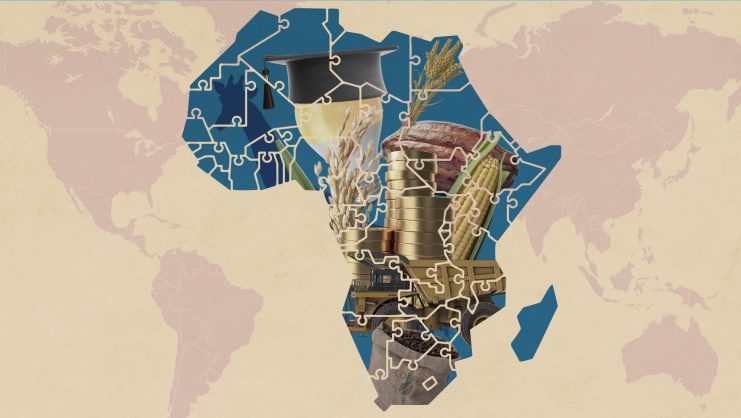There are no words to describe the potential of today’s hot new technologies—including blockchain and the Internet of Things—not to mention the possibilities that future developments will open up. History shows clear precedents. When Tim Berners-Lee established the first client-server connection via the HTTP protocol, his achievement was met by a profound lack of vision. Some people argued that this technology was restricted in nature, useful only to experts and academics. Reality has shown quite the opposite to be true.
Our lives are filled with things that will eventually disappear as our world continues to constantly mutate. Is the end of work just around the corner? Will robots take over the labor market? We need to look at this from a different angle. New jobs—professions never before imagined—will emerge. Society will reorganize its social system and institutions. The digital world of the 21st century requires a complete reorganization that abandons familiar, well-worn patterns. Technology will be fundamental, but it will be harnessed by transversal teams of engineers and humanists to serve citizens and organizations.
The music industry provides a very valuable example that can help us understand this evolution. The notions of property and consumption have been completely reconceived and now bear no resemblance to the 20th-century idea of belonging. Thanks to the Internet, the physical disc has disappeared, making way for a different usage format that allows music lovers to listen to songs whenever and wherever they want. What was once a product has become a service. Goods have been dematerialized. Tangible objects have been converted into bits, bringing about a colossal change in business and society.
Companies such as Google have in-house philosophers to help them understand how society reacts to machines and how machines are transforming society.
Artificial intelligence in transportation
Here’s another area in which the role of technology should be reconsidered: urban mobility and cars. The very concept of vehicle ownership is changing radically. Society wants a service like Car2Go, not ownership of the vehicle itself. The transportation industry might think that technological progress will have a smaller impact than the Internet, but innovations like artificial intelligence have the potential to shake up new organizations like Uber and Cabify. The widespread adoption of self-driving cars no longer sounds like science fiction. They’re knocking at the door of a business transformation.
The coming changes may suggest that engineers will take over most jobs, but we mustn’t forget that artificial intelligence laboratories have been hiring more and more humanists. Companies such as Google have in-house philosophers to help them understand how society reacts to machines and how machines are transforming society. To return to the previous example, self-driving cars will only become a reality if people accept them and view them as sufficiently safe. As the future unfolds, it will always be necessary to provide added value to society.
We must address certain transcendental questions: What sort of future can we build, and with what values? In this regard, technology can be a major ally as long as it is harnessed in the service of society. Artificial intelligence makes no sense without human intelligence. For example, in order for a robot to distinguish different emotions, it has to understand them, and this depends on people. Are we facing the demise of physical money? Of stores? Of privacy as we know it today? These are open questions for which technology has set out a range of options. Will technology become our ally? The final result will depend on how technology is used and integrated into society and corporate environments.
© IE Insights.











